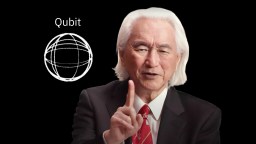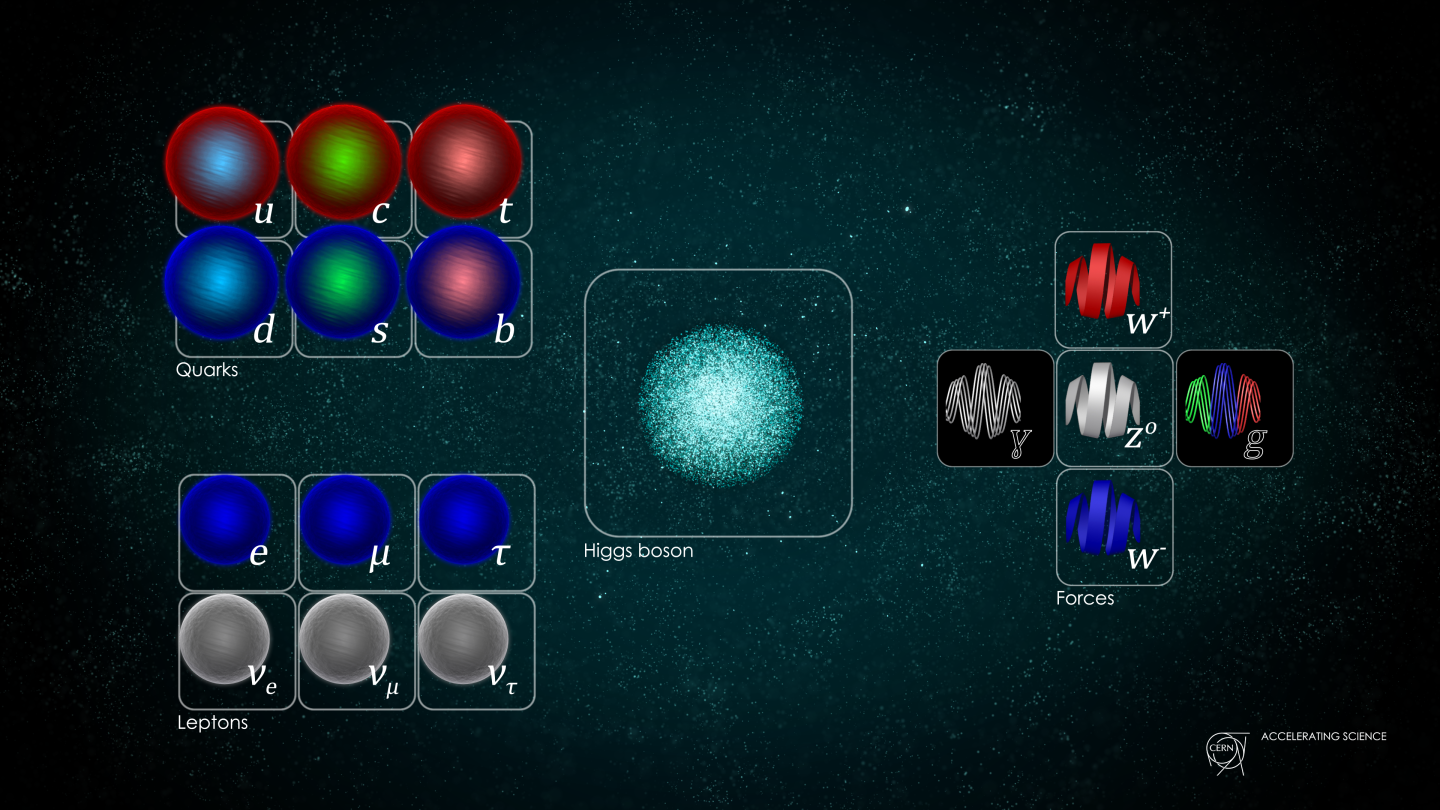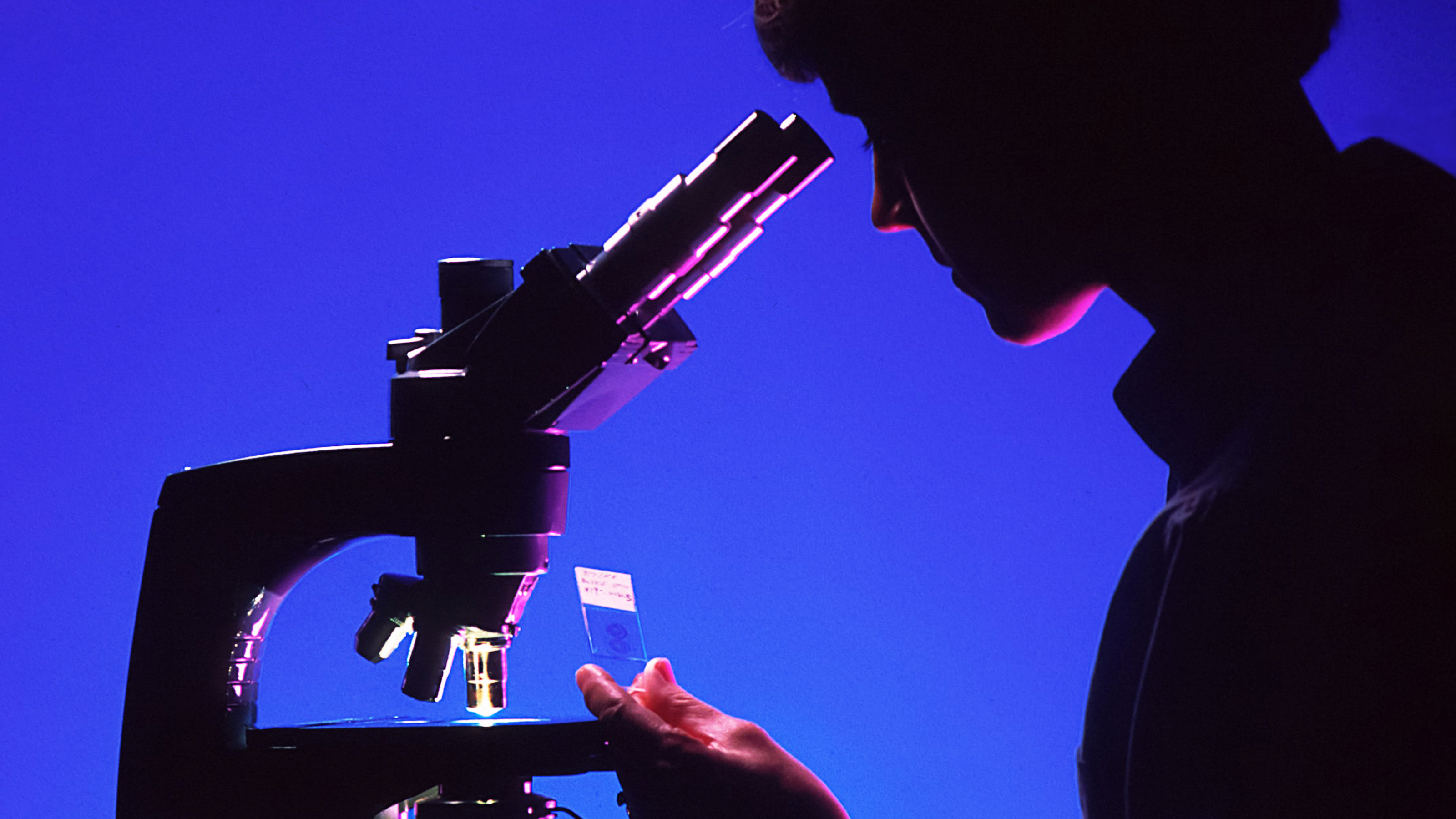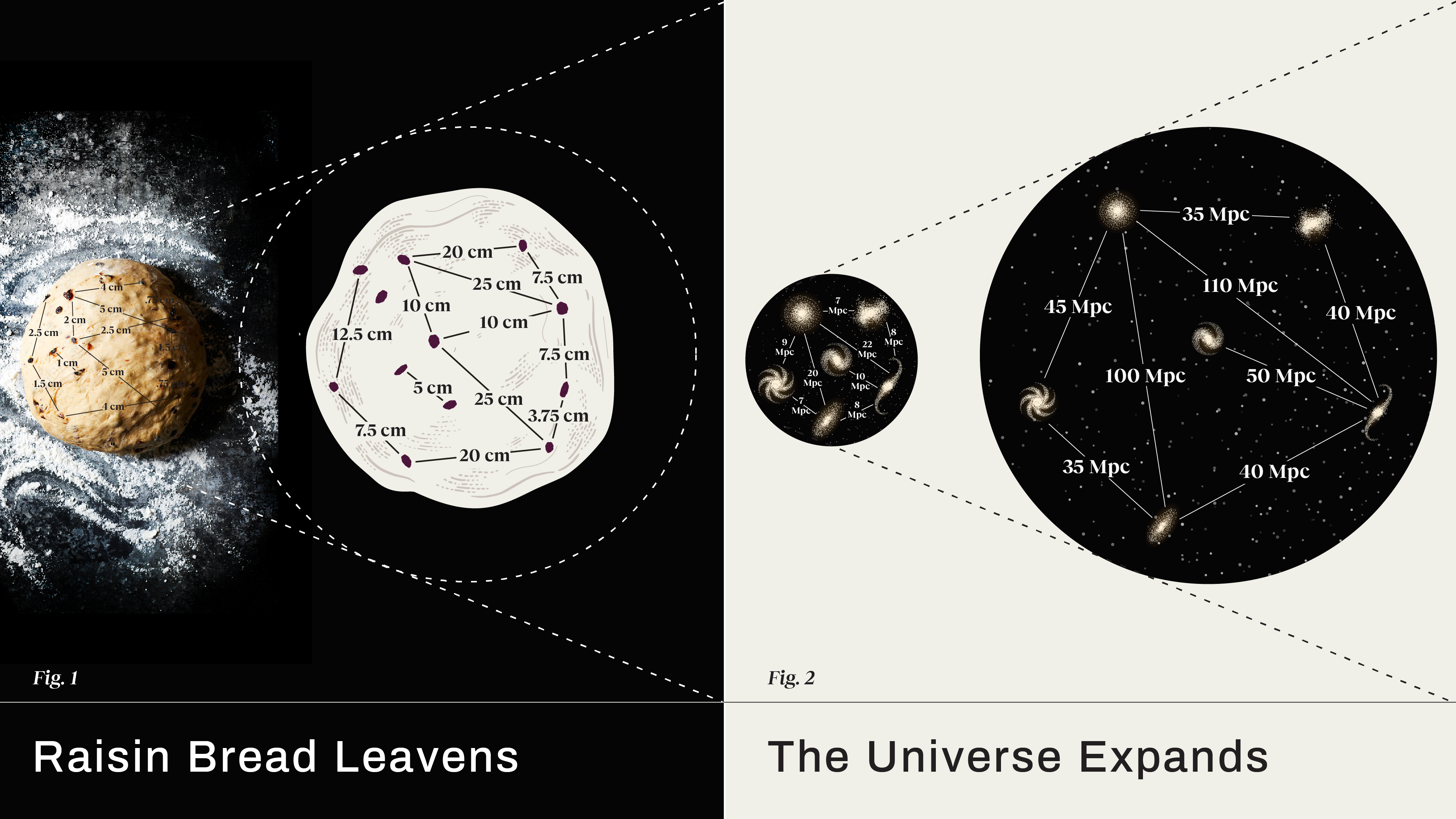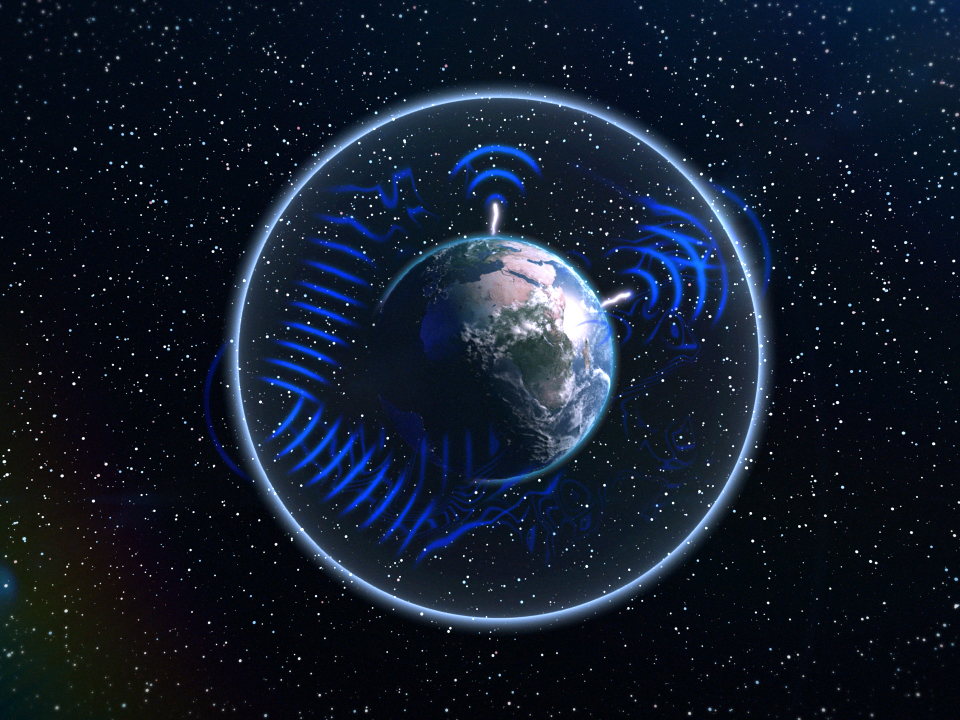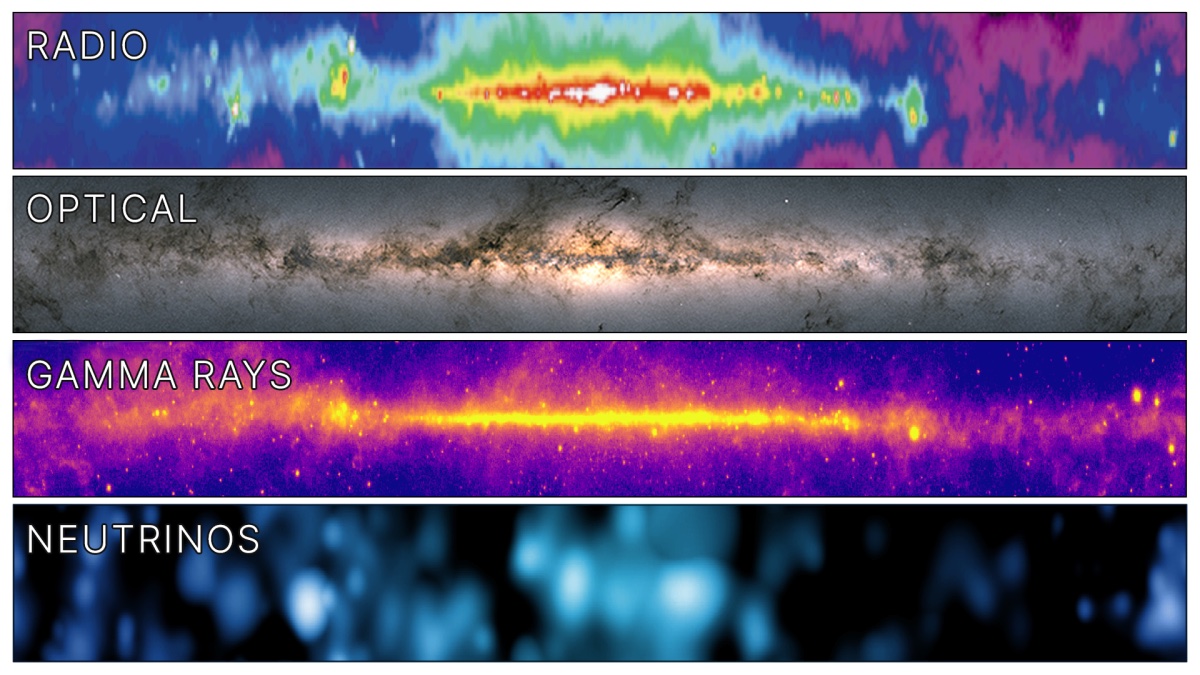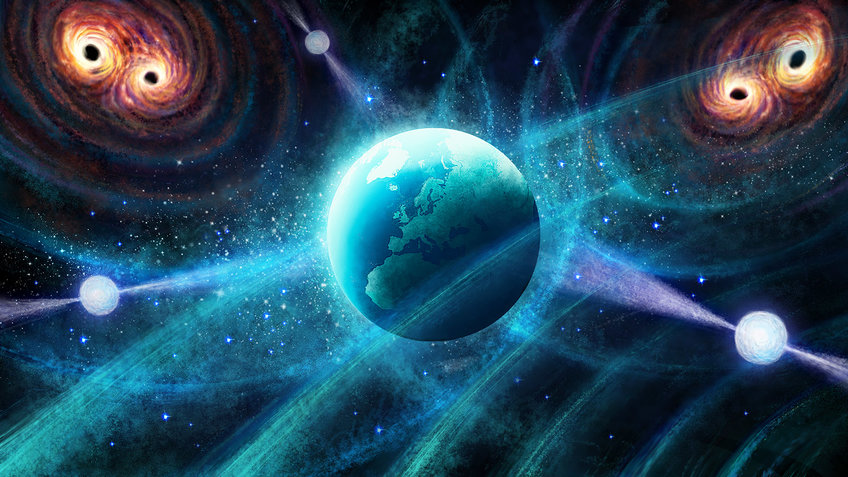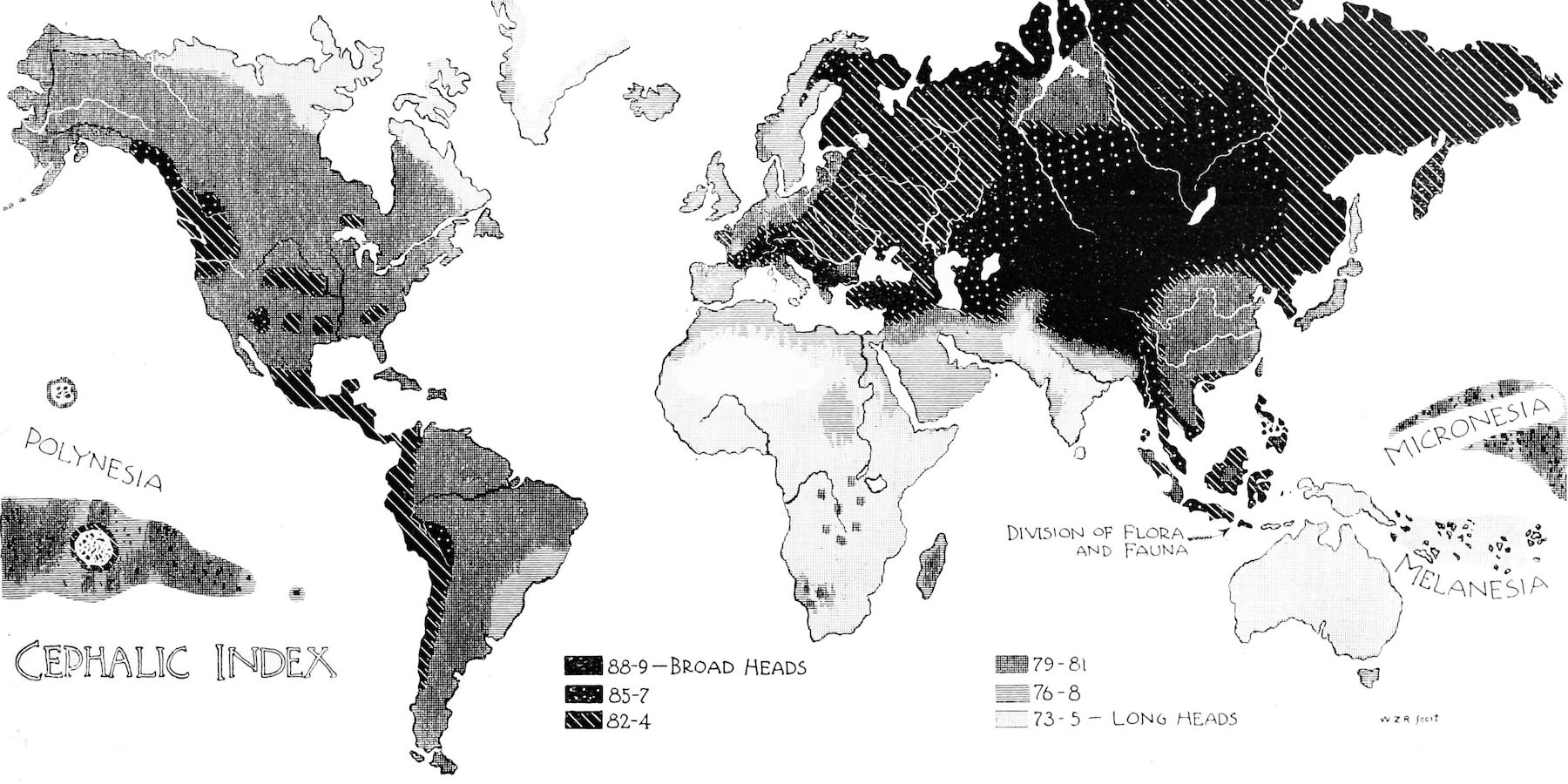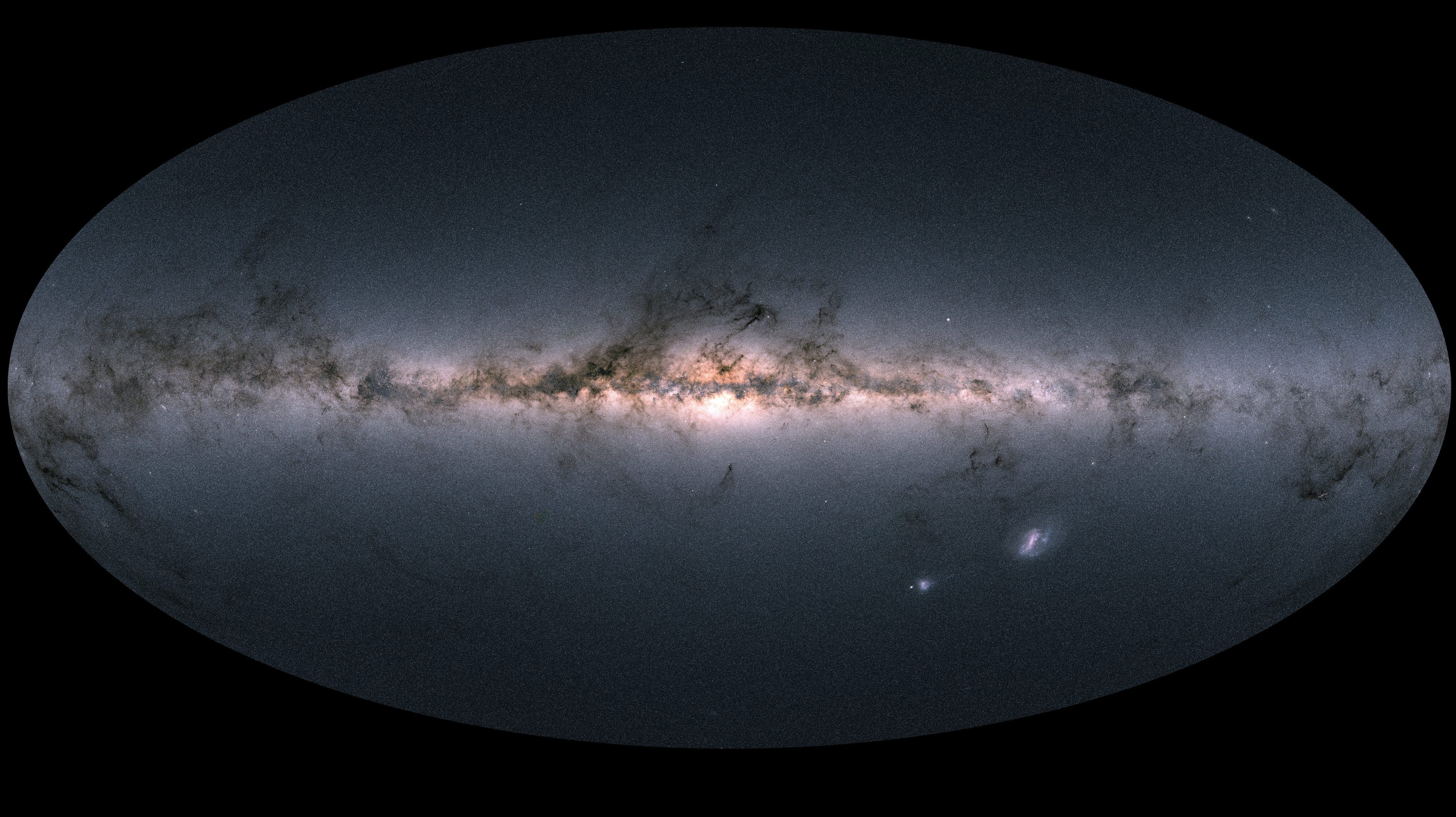A 1.5-million-year-old hominin bone shows signs that the victim was eaten by lions — and humans.
Theoretical physics professor Michio Kaku outlines the evolution of computers from analog to digital and introduces quantum computers as the next frontier.
▸
11 min
—
with
Some constants, like the speed of light, exist with no underlying explanation. How many “fundamental constants” does our Universe require?
Nature may not allow us full access to the weirdness of quantum mechanics.
Ethicist and doctor Simon Whitney argues that society’s overly cautious approach to medical research is blocking breakthroughs.
In many ways, it was worse than Chernobyl.
Two fundamentally different ways of measuring the expanding Universe disagree. What’s the root cause of this Hubble tension?
We can no longer approach the news as passive consumers.
Today, many Maya sites are polluted with toxic levels of mercury. The contamination likely originated from cinnabar paints and art.
Researchers estimate there may be as many as ten million trillion trillion phages on Earth — that’s 10 with 30 zeros after it.
The best orgasms come when you learn how to unlock a sexual “flow state.” Emily Nagoski, a sex educator, shares a meditation to help you get started.
▸
11 min
—
with
The Schumann resonances are the background hum of the entire planet. But they don’t affect humans in any way.
Are fools happy and geniuses disorganized — or is that a mistaken stereotype?
As Marcel Proust said, “The real voyage of discovery… consists not in seeking new landscapes, but in having new eyes.”
How we organize all our digital stuff — from work research to side hustles to family photos — is key to our productivity.
LK-99, almost certainly, isn’t a room-temperature superconductor. The underlying physics of the phenomenon helps us understand why.
The arsons were no accident, archaeological evidence suggests.
A brief look at the six-decade challenge to psychiatry.
The global extent of the Revolutionary War surprises many Americans today — but it was crucial to independence.
The visible Universe extends 46.1 billion light-years from us, while we’ve probed scales down to as small as ~10^-19 meters.
Only Caesar lived to tell the tale.
It could cut the time needed to reach Mars in half.
It could explain why so many people don’t respond to common antidepressants.
How scientists are hearing the gravitational background “hum” of the Universe for the very first time.
These landscapes — of geographical differences in head shapes — have vanished from acceptable science (and cartography).
Someday, scientists could use stem cells to guide the development of synthetic organs for patients awaiting transplants.
Philosophy can focus on some dull topics. Luckily, some thinkers have spent lots of time on the philosophy of sex
Grief never ends. There is no closure, but there are things we can do to mitigate the feeling of loss.
Kelly Richmond Pope, a forensic accountant, shares a simple test that puts your ethics under the spotlight.
▸
4 min
—
with
Einstein’s laws of gravity have been challenged many times, but have always emerged victorious. Could wide binary stars change all that?

